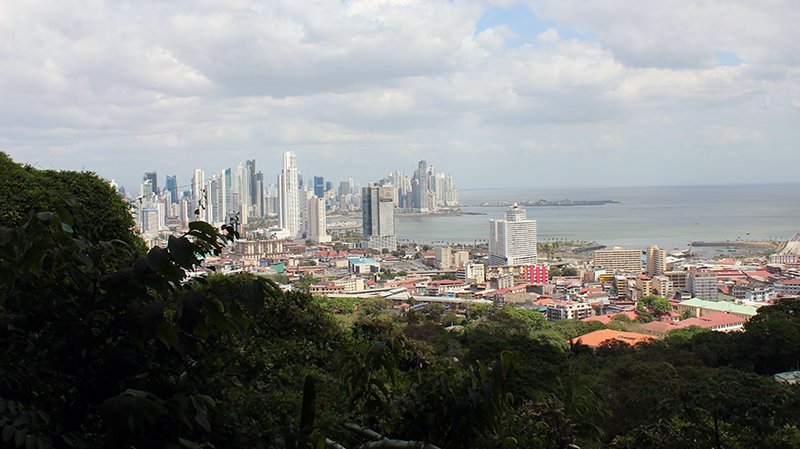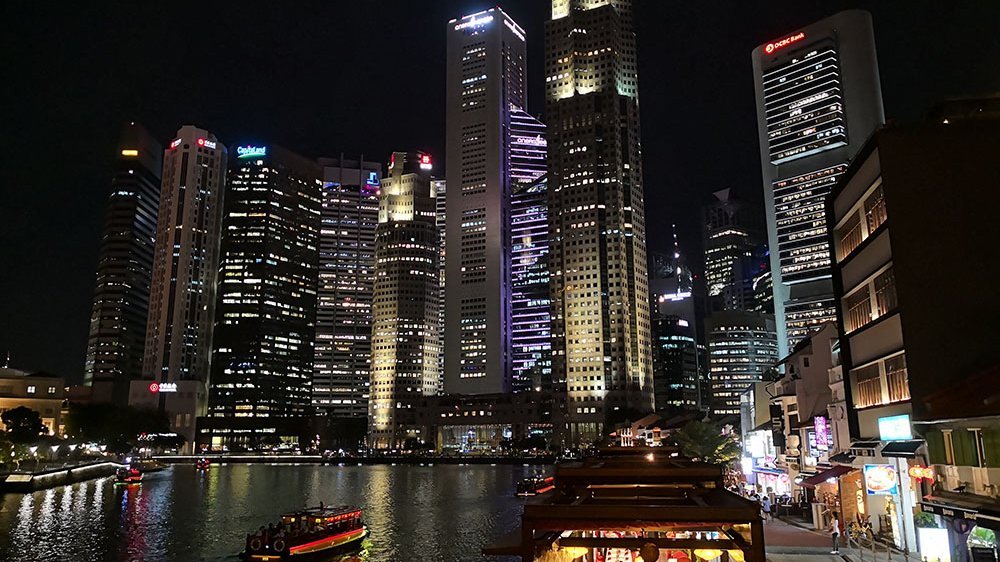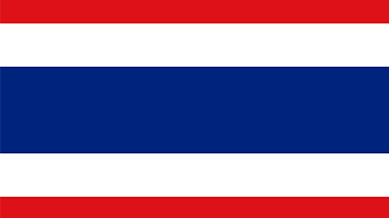International field trips
As part of the on-the-job Master’s in Management, a field trip is planned for the 2nd semester. Students usually spend a week in a foreign city, usually outside Europe, to get to know the foreign culture and the economy of a different culture. The itinerary of the field trip includes various visits to domestic and foreign companies and organizations. Visits to the German Embassy and the Chamber of Commerce are almost obligatory and give the participants a good overview of the political and economic specifics of the country. The various company visits provide deeper insight into the economic conditions and culture of the country. Local companies and branches of German or international companies are ideal for company visits. The program is supplemented by presentations from public institutions (such as GIZ), lectures at partner universities, and discussions with expatriates. The following is an example of the weekly itinerary of some of the international field trips of the degree program.
2023 field trip to Cape Town
Cape Town: “Challenges and potential”
The destination of the field trip for the on-the-job master's degree program in Management in the 2023 summer semester was Cape Town, named after the Cape of Good Hope, 45 km away. With 5.8 million residents, the city is one of the largest cities in South Africa and is steeped in colonial history: First came the Portuguese seafarers, then the Dutch with the Dutch East India Company, and later the British. The country achieved independence from Great Britain in 1962. Since the end of apartheid in 1994 and the peaceful handover of power in the course of open, democratic elections, the ANC has been the ruling party.
On Monday, the Consul General of the German Consulate gave us an interesting overview of Cape Town, its development, and the particular challenges facing the country. In the afternoon we visited the Port Authority. Cape Town has the second largest port in South Africa and is a leader in the shipping of fruit. After a presentation on the development of the port, we discussed the challenges of the port with several executives. In the late afternoon, we invited Mr. Bartholomäus Grill to a reading and discussion. Mr. Grill has lived in Cape Town for 30 years and was a journalist and Africa correspondent for Die Zeit and Der Spiegel for many years. He has also written several books (most recently Afrika! Rückblicke in die Zukunft eines Kontinents, 2021.). Numerous topics were addressed in the discussion: political injustices, corruption, youth unemployment, inflation, the aftermath of apartheid, but also the hope in a new generation of South Africans who might be able to lead the country into a better future.
On Tuesday we first visited the subsidiary of the Falke Group (sock production, 650 employees). The General Manager and the Group Sales Executive gave a very impressive account of the company’s development, the South African market, and the positioning of the products. The company is very successful in focusing its new developments on sports socks for running, hiking, and cycling. We later visited JUWI, where the Chairman of the Board of the South African Wind Energy Association gave us an overview of the development of wind and solar energy in South Africa. The country has great potential for both wind and solar energy thanks to its special geographical conditions. The Managing Director of JUWI then presented the company’s activities in South Africa, mainly project planning and management of large wind farms and solar plants.
The next day, a representative of the South African-German Chamber of Commerce held a lecture on economic development and economic relations between Germany/EU and South Africa, as well as on the Chamber’s tasks and ways in which companies can receive support. In the afternoon, we visited the Leah & Desmond Tutu Foundation, which opened a new museum on the history of apartheid in South Africa almost a year ago. Apartheid and the fight against apartheid were explained with numerous very interesting news/video clips. Desmond Tutu, Archbishop of Cape Town, played a leading role in organizing the resistance against white supremacy. Following the liberation, he led the Truth and Reconciliation Commission to expose crimes committed by white supremacy and by the resistance movement. The debriefing by a representative of the foundation once again made the dramatic nature of the events comprehensible to all participants and encouraged reflection.
On Thursday, we visited two projects in Cape Town supported by Misereor, the German Catholic Church’s aid organization. The first was a school run by the Salesians of Don Bosco. The Salesian Institute - Youth Projects runs several programs, including one for young adults who find themselves in difficult circumstances (drugs, prison, etc.). The aim of participating in this program is to enable them to find a new path in life and also to complete training for a career in the maritime industry. Another program is aimed at teenagers with little schooling from difficult family situations. The participants receive shortened vocational training, for example in carpentry, electrical engineering, or cooking and sewing so that they can earn money with these skills. We were very impressed by the commitment and motivation, both in the groups and among the teachers. In the afternoon, we visited the Life Choices program, also sponsored by Misereor, which runs support programs for young people who want to start a career in the IT sector. There is also a special training program to qualify young people for jobs in the solar industry, such as the installation of solar cells.
The last day of the trip was dedicated to the wine industry. We traveled to Stellenbosch to visit several wineries. The day began with a presentation on the development of viticulture and the wine industry in South Africa, as well as international marketing activities. This was followed by a presentation of the Wine ARC, an organization that promotes the development of wine brands owned by Black people. A representative of this organization presented her own project, Thokozani, with great enthusiasm. We then visited Spears Winery, a family-owned winery that focuses on sustainable viticulture. The next visit was to Vergenoegd Löw Wine Estate. This winery has Dutch roots, has undergone extensive restoration and operates a small hotel and two restaurants in addition to its wine production. The Managing Director spoke in particular about the symbiosis of wine growing, hotels, and restaurants. Lastly, we were guests at Peter Falke Wines. Peter Falke, co-owner of the Falke Group, bought this winery in the mid-1990s and completely restored it. The topics of the discussion with the Sales and Marketing Manager and the cellar master were viticulture, wine varieties, and also the export business. The Cape Town trip came to a successful conclusion at a long table in the evening sun under a large, shady tree.
In summary, the trip gave all participants new insights into a country that we primarily perceive as a tourist destination. The trip had two key focuses: economic and social/political aspects. The country’s challenges are numerous: corruption, mismanagement, power cuts, inflation, high youth unemployment, a high crime rate, especially in the big cities, apartheid that has not yet been overcome, and a crumbling infrastructure, to name just a few of the most significant. On the upside, there are mineral resources such as gold and rare earths, a booming tourism industry, especially in the Cape region, agricultural products, and huge potential in wind power and solar energy generation. Will the country be able to find a way to overcome its problems and exploit its potential? A difficult question to answer – this will probably be determined by the political skills and abilities of the younger generation.
Objective, organization, and itinerary of the trip
Many companies are not only operating regionally but are also becoming increasingly international. Students are advised to improve their intercultural skills before graduating to ensure they are prepared for these challenges.
The trip is organized every summer semester and is usually offered as a block week before the start of lectures (early to mid-March in the summer semester). The destination is determined by the degree program director. The university works together with an experienced travel agency, which reserves blocks of rooms in a hotel in the respective city. Students and lecturers must stay in the same hotel during the week of the trip. The outward and return flights can be booked by the students themselves or through the travel agency working with the university. The costs for the trip are covered by the students themselves.
The field trip week usually begins officially on Sunday afternoon or Sunday evening. The group then meets at the shared accommodation. The accompanying professors explain the exact schedule and procedures during the company visits and then explain the coursework that needs to be completed. The trip officially ends after the final company meeting, usually on Friday afternoon or Friday evening.
Company field trips
In September 2017, the 2nd semester students visited the Deutsche Börse in Frankfurt as part of the Corporate Finance module under the direction of Prof. Dr. Markus Hehn. The lecture dealt with the history of the Frankfurt Stock Exchange, tradable products, the listing index system, the Xetra and floor trading systems and Deutsche Börse Group.
In the 2017 summer semester, Ms. Benzing (HR Manager in the Electronics division and alumna of the School of Business at Mainz University of Applied Sciences) organized a visit to Heraeus Holding GmbH in Hanau for students enrolled in the on-the-job master’s degree program in Management. After an overview of the activities of the Heraeus Group, Ms. Benzing presented the Organizational Excellence strategy for the Electronics division. A tour of the Application Center for Electronics rounded off the visit.
The master’s students had the opportunity to visit Löwen Entertainment GmbH in Bingen in the summer semester of 2017. The field trip began with an introduction to the company and a presentation on its marketing strategy. In particular, the complex regulatory contexts of the games industry were presented, followed by a tour of the company.
In the 2016/17 winter semester, students visited SAP AG in Walldorf as part of the Integrative Information Systems & Competitive Intelligence module at the invitation of Mr. Oswald (member of the Executive Board of SAP AG and Mainz University of Applied Sciences graduate). The objective was to present the Digital Board Room, a decision-maker portal that uses business intelligence solutions and ad-hoc analyses in real time to enable top management to make competent decisions. Following the presentation, there was a lively discussion about the advantages and disadvantages of this system.
As part of the course “Human Resource Management and Leadership Skills” with Prof. Dr. Norbert Rohleder, the students visited Boehringer Ingelheim’s company headquarters. Christjan Knudsen, Head of Corporate Department Human Resources Bio/Ops/HR, and his colleagues gave the students valuable insights into the topics of expat management, talent management, and employer branding/recruiting at Boehringer Ingelheim and answered the students’ questions.
Michael Anslinger, CFO of DB Schenker Rail Deutschland AG, invited the third-semester students in the part-time master’s degree program in Management to a practical discussion as part of Prof. Dr. Paul's “Strategic Management” lecture at the end of May. In his lecture, Michael Anslinger shared interesting insights into the complex day-to-day business of Europe’s leading transport and logistics service provider in the rail freight sector.
Prof. Dr. Ungeheuer, Chairman of the Board of Management of SCHOTT AG, offered the students of the master’s degree program in Management an exciting look at SCHOTT’s product range. Afterwards, Prof. Ungeheuer and Mr. Langer, Vice President Corporate Personnel Services, discussed questions on strategic management and personnel development with the students in a relaxed atmosphere.
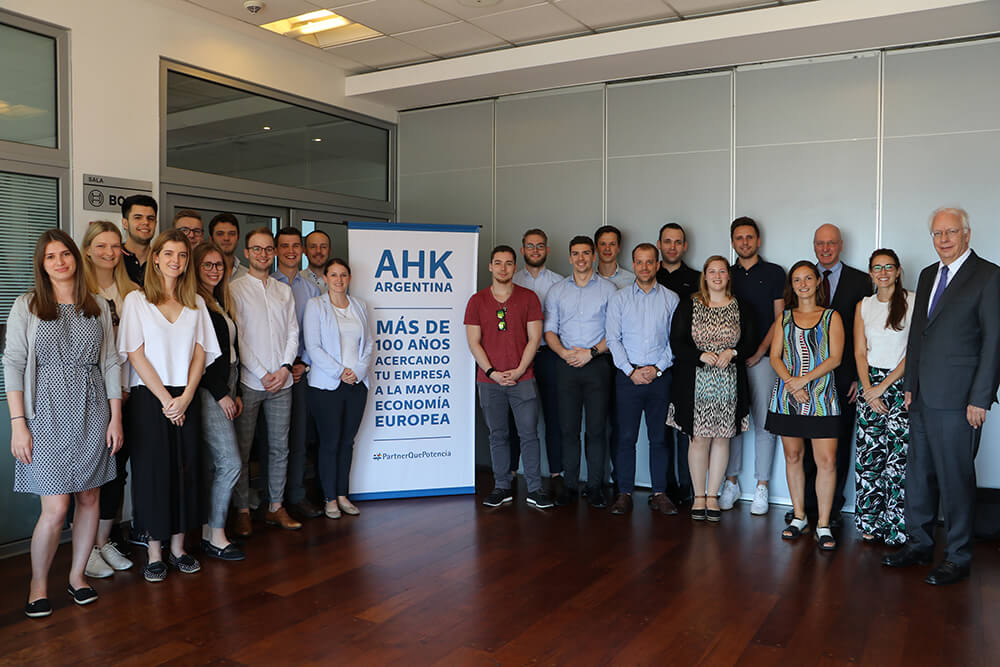
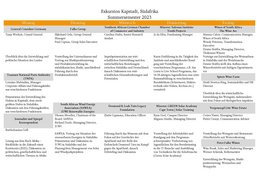
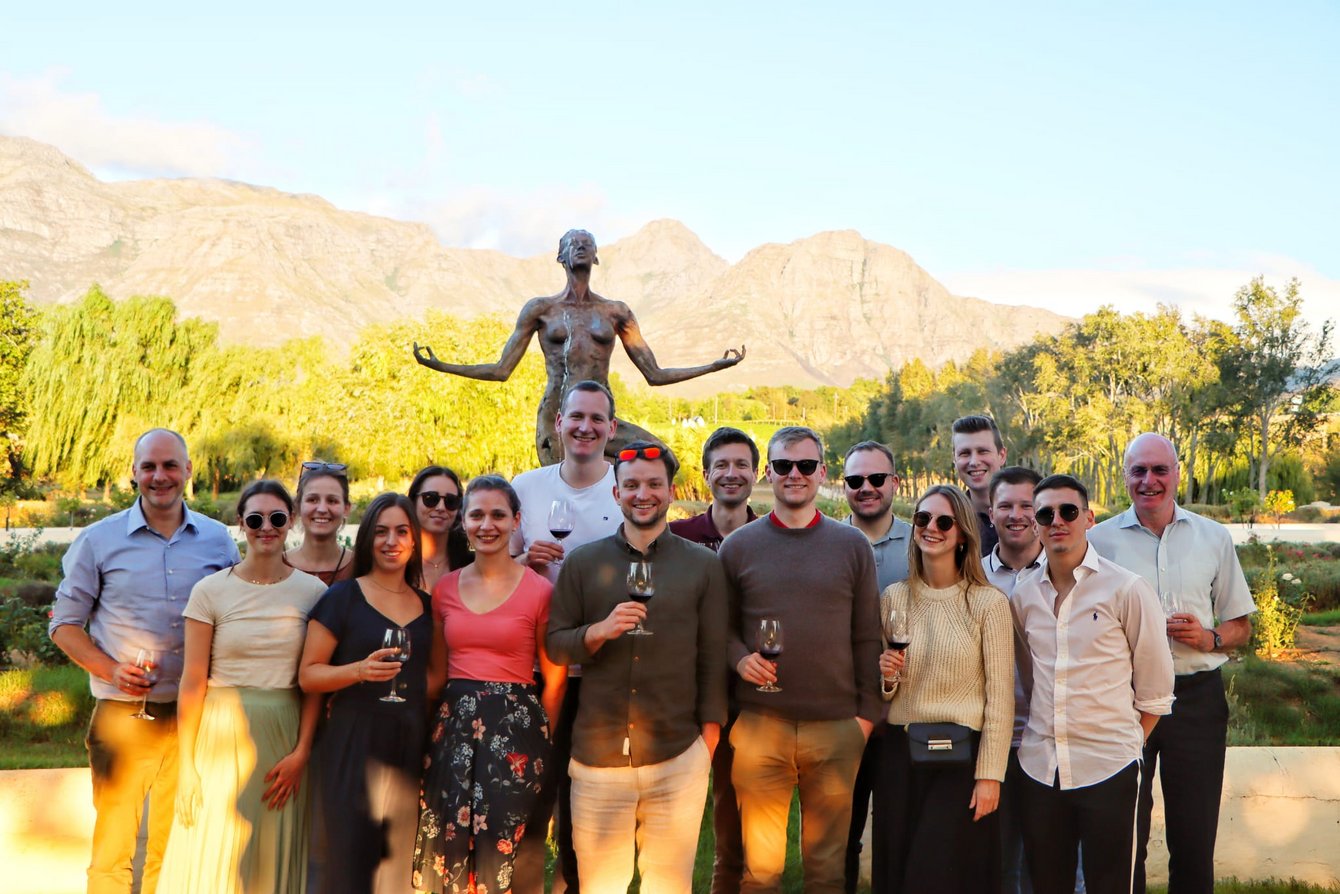
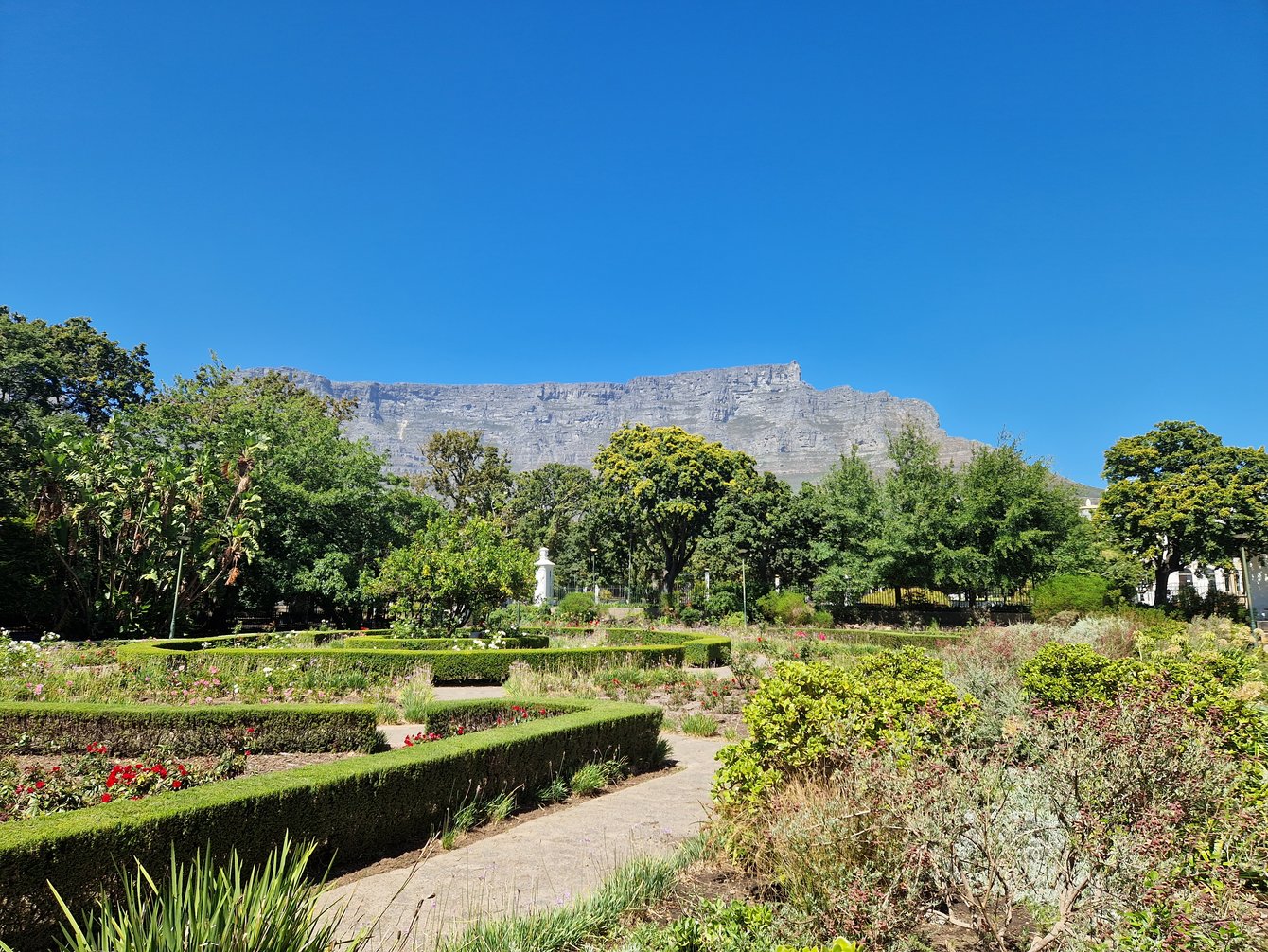
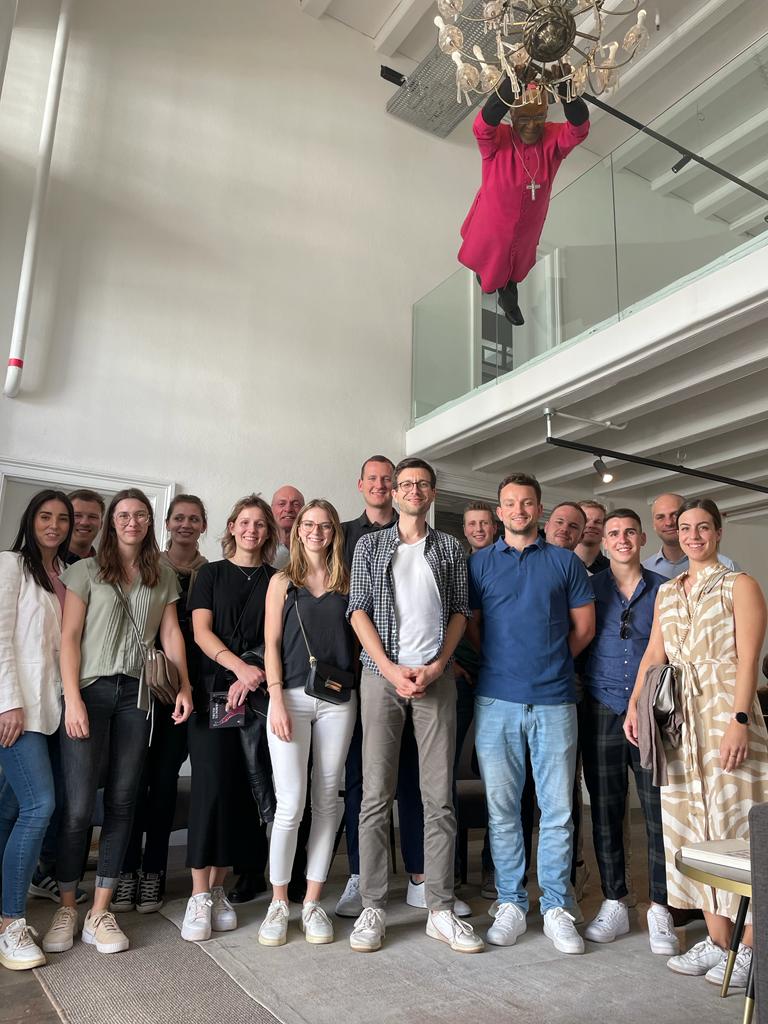
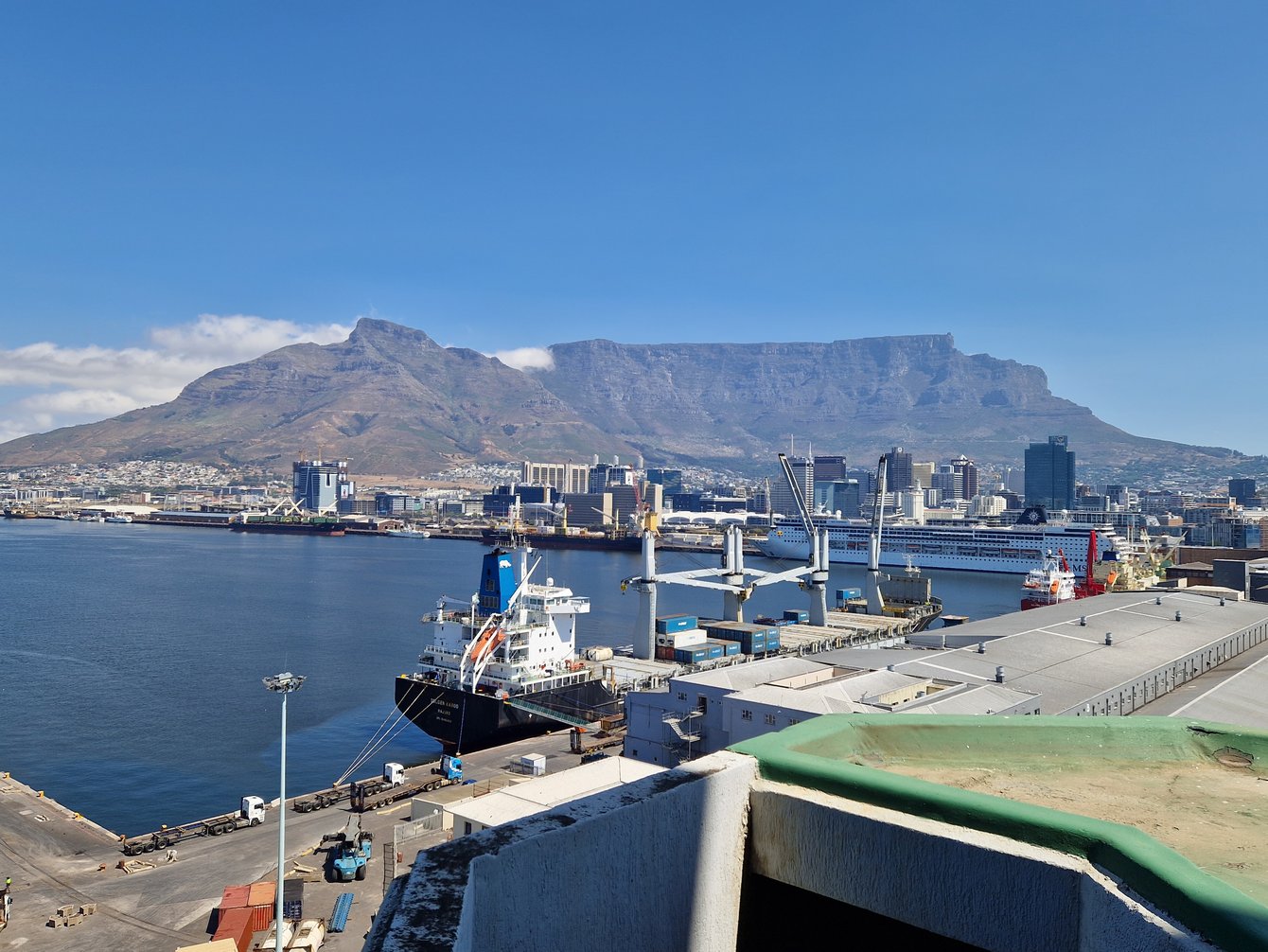
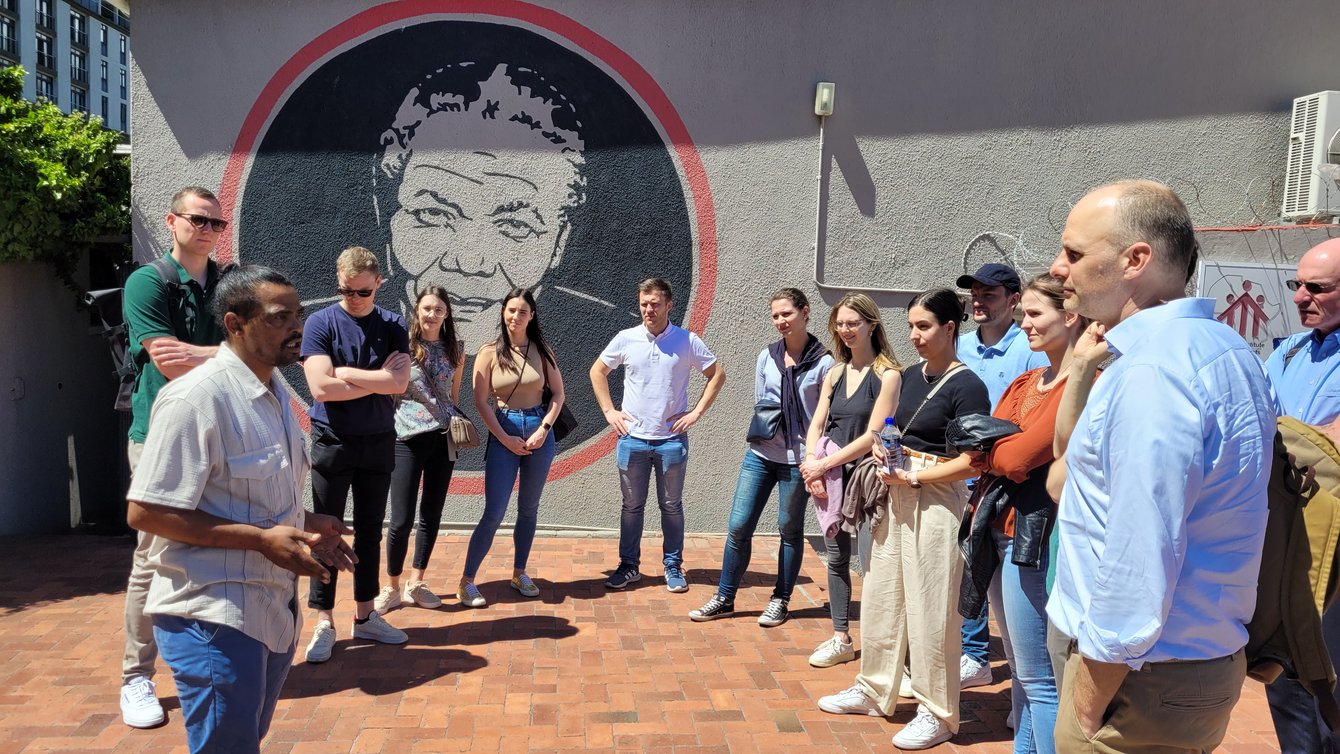
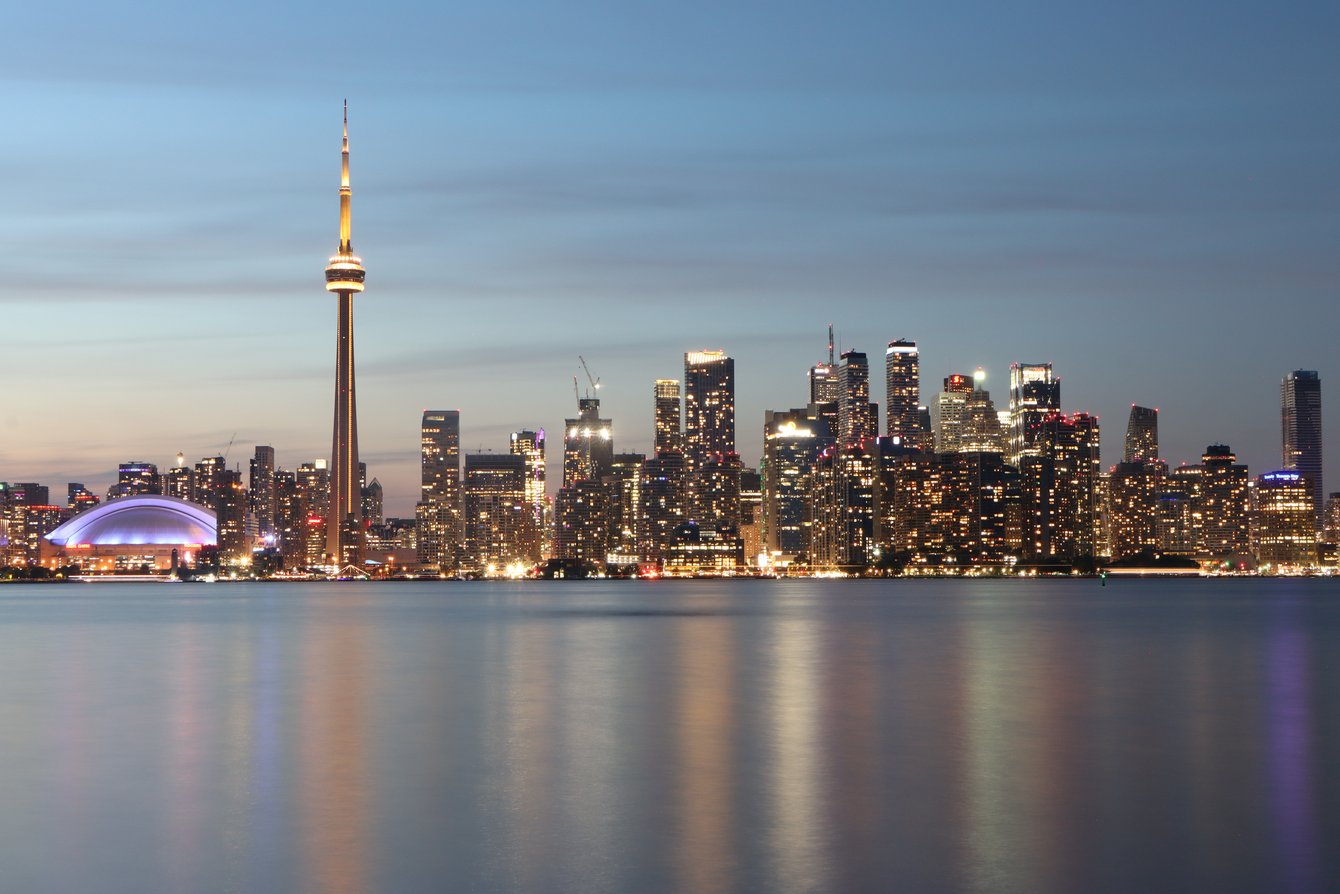
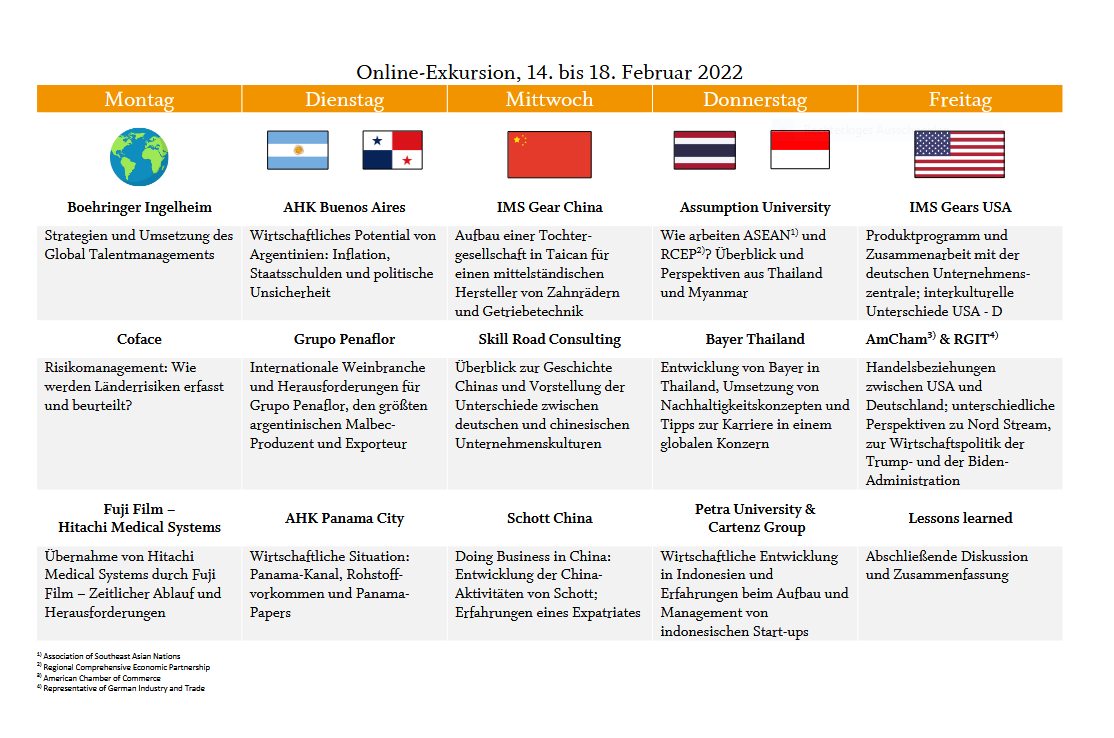
![[Translate to English:] Buenos Aires [Translate to English:] Buenos Aires](https://www.hs-mainz.de/fileadmin/_processed_/d/f/csm_Buenos_Aires07_1194841efd.jpg)
